Genomics and Pharmacology FacilityDevelopmental Therapeutics Branch, CCR, NCI, NIH, DHHS
Staff: Yves Pommier, William Reinhold, Fathi Elloumi, Sudhir Varma, Jeffrey Wang
Latest News
Featured Tools
These applications are freely available for public use. Our characterization and analysis of the NCI-60 cancer cell lines, the DNA, RNA, protein, epigenetic and pharmacological levels is accessible through CellMiner, with the expended version including additional cell line sets available through CellMinerCDB.
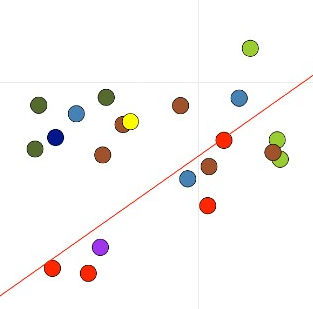
CellMinerCDB
CellMiner Cross Database (CDB) is the first web application to allow translational researchers to conduct analyses across all major cancer cell line pharmacogenomic data sources.
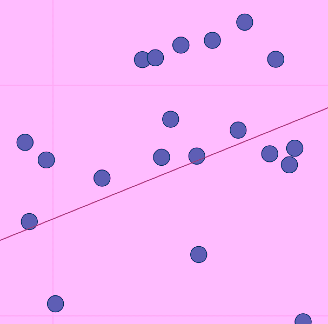
CellMinerCDB: Small Cell Lung Cancer (SCLC)
CellMinerCDB: Small Cell Lung Cancer (SCLC) is configured like CellMinerCDB with additional features and focuses on SCLC cell lines from various data sources.
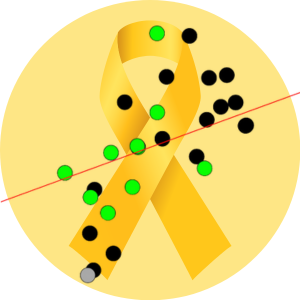
CellMinerCDB: Sarcoma
CellMinerCDB: Sarcoma is a specialized platform derived from CellMinerCDB, tailored for sarcoma research. It offers comprehensive omics data on 133 sarcoma cell lines, fostering translational research for enhanced understanding and treatment development.
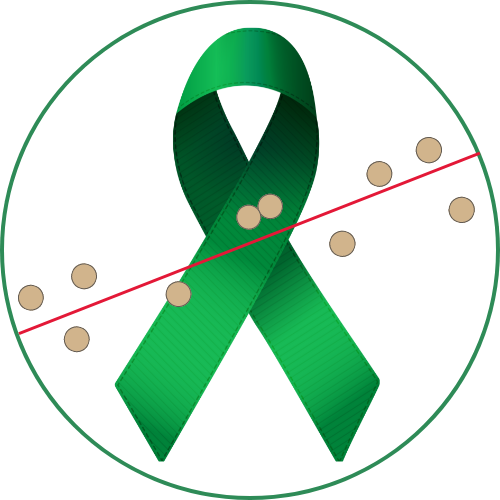
CellMinerCDB: Adrenal Cortical Carcinoma (ACC)
CellMinerCDB: Adrenal Cortical Carcinoma (ACC) is a specialized platform derived from CellMinerCDB. It streamlines the access and exploration of pharmacogenomic data for ACC cancer cell lines from various sources.
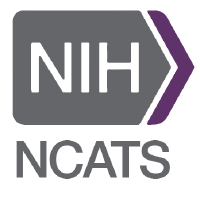
CellMinerCDB: National Center for Advancing Translational Sciences (NCATS)
CellMinerCDB: NCATS exposes relationships between cancer cells' molecular makeup and their response to potential therapies, using data on thousands of compounds screened at the National Center for Advancing Translational Sciences.
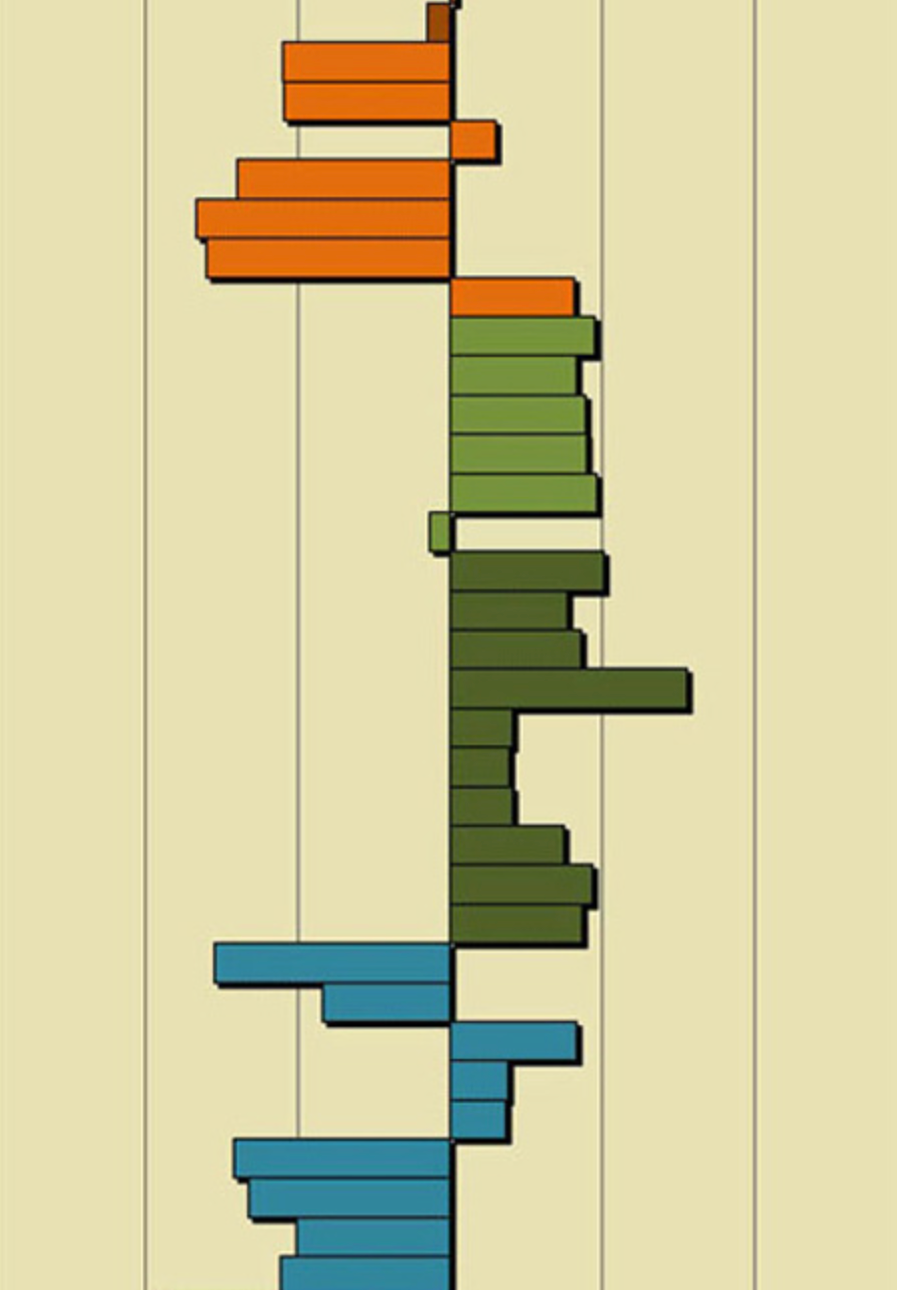
CellMiner (NCI-60)
A database and query tool designed for the cancer research community to facilitate integration and study of molecular and pharmacological data for the NCI-60 cancerous cell lines.

CIMMiner
A tool that produces Clustered Image Maps (CIMs) (i.e., clustered heat maps).
About us
Genomics and Pharmacology Facility
The Genomics and Pharmacology Facility is part of the National Cancer Institute's (NCI) Center for Cancer Research (CCR), within the Developmental Therapeutics Branch. Its mission is to manage and assess molecular interaction data obtained through multiple platforms, increase the understanding of the effect of those interactions on the chemosensitivity of cancer, and create tools that will facilitate that process. Translation of that information will be directed towards the recognition of diagnostic and therapeutic cancer biomarkers and directed cancer therapy.
This web-site is a development of the Genomics and Pharmacology Facility run under the auspices of Dr. Yves Pommier, and managed and supervised by Mr. William Reinhold. It was originally developed by Dr. John Weinstein.
The Developmental Therapeutics Branch advances novel therapeutic strategies and conducts clinical trials based on cancer-specific genomic, epigenetic and metabolic alterations, drug design, molecular mechanisms of drug action to achieve precision medicine. The branch integrates both basic and translational science programs. The basic program focuses on cancer-specific genomic and epigenomic alterations, oxidative signaling, molecular pharmacology and drug resistance. The translational clinical program focuses on novel therapeutic agents across a spectrum of diseases and disease mechanisms. Novel therapeutic modalities are selected based on pharmacodynamic and genomic biomarkers and mechanistic hypotheses to assess clinical activity and molecular determinants of response at the early phase of drug development.
Drugs Against Cancer: Stories of Discovery and the Quest for a Cure by Dr. Kurt W. Kohn
Kurt W. Kohn, M.D., Ph.D. devotes nearly 60 years of his life to anti-cancer drug research at the National Cancer Institute (NCI) in Bethesda, Maryland. In his book, Drugs Against Cancer, he wrote "I felt a responsibility to make a record of the part of the cancer drug development effort with which I was associated, going back nearly 60 years, and to relate it to the global anti-cancer drug discovery and development efforts." Therefore, the book was born.
Drugs Against Cancer may be viewed as a combination of science, history, medicine, and memoir, and hopefully could mostly be understood without a great deal of prerequisite knowledge. Dr. Kohn has tried to give an account of the earliest published work leading to the anti-cancer drug discovery stories that he will relate. The aim of his book was to explain how the knowledge and application of cancer chemotherapy drugs developed. It is in large part a historical account.
Read more
